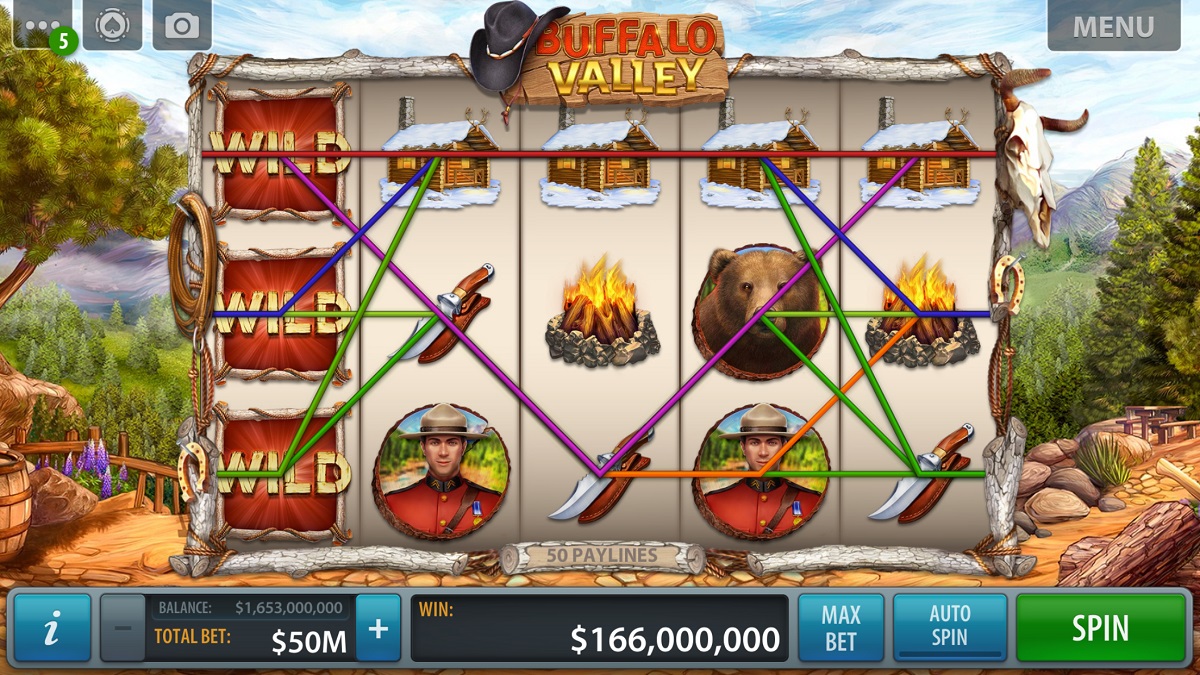Last August, KamaGames, a big European operator of social casino games, said it is moving into blockchain and cryptocurrency with the launch of its own KamaGames Token. The idea was to make it easy for the company’s 100 million social casino game players to buy in-game currency for the game Pokerist, using any kind of currency they wanted for the purchase.
But the experiment was a big hassle, and it turned out to be disappointing, said Andrey Kuznetsov, CEO of KamaGames, in an interview with GamesBeat. That was a letdown after predictions that games and other apps would drive cryptocurrency and blockchain to become a $60 billion industry, according to an October report by DMR Business Statistics.

Unlock premium content and VIP community perks with GB M A X!
Join now to enjoy our free and premium membership perks.
![]()

![]()